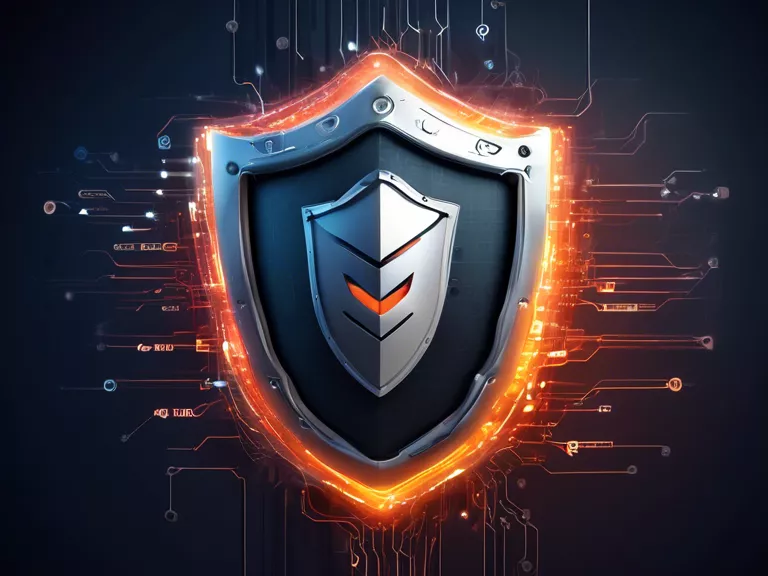
Introduction
In today's digital age, the importance of cybersecurity cannot be overstated. With cyber threats becoming increasingly sophisticated and persistent, it is essential for businesses and individuals to stay ahead of the curve by investing in the latest cybersecurity technologies. In this article, we will explore the future advancements in cybersecurity that are poised to revolutionize the way we protect our digital assets.
Artificial Intelligence and Machine Learning
One of the most exciting developments in cybersecurity is the integration of artificial intelligence (AI) and machine learning (ML) technologies. These cutting-edge tools have the ability to analyze vast amounts of data in real-time, identify patterns, and detect anomalies that may indicate a potential cyber threat. By leveraging AI and ML, cybersecurity professionals can enhance their ability to respond to threats quickly and effectively.
Zero Trust Architecture
Zero Trust Architecture is a security model that assumes no user or device can be trusted by default, regardless of their location within the network. This approach requires strict identity verification and continuous monitoring of all network traffic to prevent unauthorized access. By implementing a Zero Trust Architecture, organizations can significantly reduce the risk of data breaches and cyber attacks.
Quantum Cryptography
Quantum cryptography is a groundbreaking technology that leverages the principles of quantum mechanics to secure communication channels. Unlike traditional encryption methods, which rely on mathematical algorithms, quantum cryptography uses the unique properties of quantum particles to create unbreakable encryption keys. As quantum computing continues to advance, quantum cryptography is poised to become a staple in cybersecurity protocols.
Biometric Authentication
Biometric authentication, such as fingerprint scanning and facial recognition, is becoming increasingly popular as a means of enhancing cybersecurity. These technologies offer a higher level of security compared to traditional passwords, as they are based on unique physical characteristics that are difficult to replicate. By incorporating biometric authentication into their security protocols, organizations can bolster their defenses against unauthorized access.
Blockchain Technology
Blockchain technology, best known for its role in cryptocurrencies, is also making waves in the cybersecurity landscape. By leveraging blockchain's decentralized and immutable ledger system, organizations can enhance the security and integrity of their data. Blockchain technology can be used to secure transactions, verify identities, and create tamper-proof audit trails, making it a valuable tool in the fight against cyber threats.
Conclusion
As cyber threats continue to evolve, so must our cybersecurity defenses. By embracing the latest advancements in technology, such as artificial intelligence, Zero Trust Architecture, quantum cryptography, biometric authentication, and blockchain technology, organizations can strengthen their security posture and protect their valuable digital assets. By staying informed and proactive, we can build a more secure future for tomorrow's digital landscape.
No domains found.



